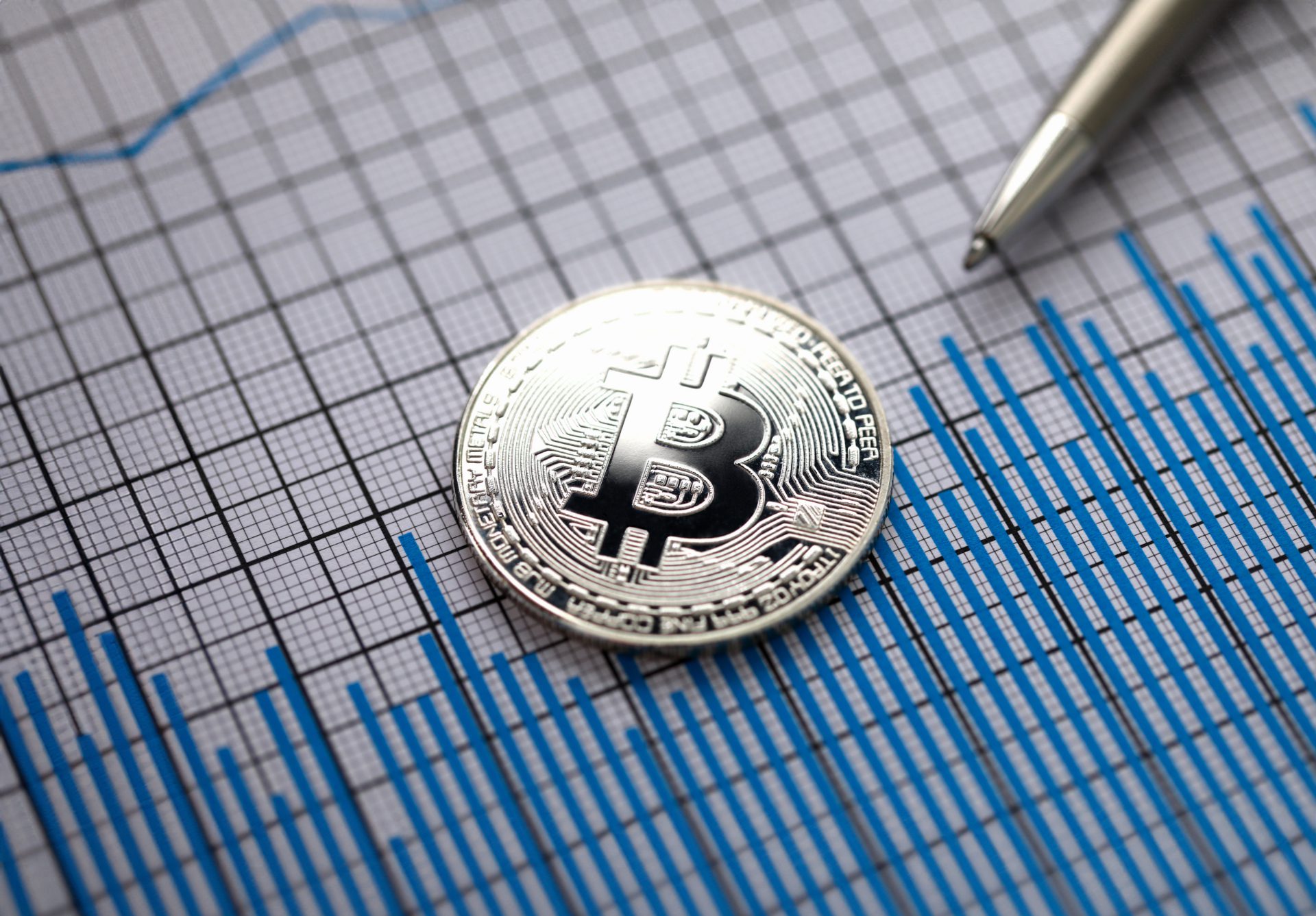
It is a hot item in the corporate business: using part of the reserves to buy Bitcoins. Of course not for profit, but to protect themselves against harmful economic factors, such as inflation. But critics find the trend troubling. The decentralization of the digital currency would be in jeopardy, but is that really the case?
More than 4 million Bitcoins owned by companies
Companies that buy Bitcoins for their own reserve, as Prenetics recently planned, for example, are becoming increasingly common. According to BitcoinTreasuries, there are already 355 unique entities that own the digital currency. Together, these parties now own 4.05 million BTC, worth more than 374 billion dollars.
According to Bitbo, companies now own about 6.7 percent of the total Bitcoin supply. In addition, Bitcoin-related exchange-traded funds own 7.3 percent. And while you might expect Bitcoin miners to own a lot of Bitcoin, this is disappointing: they control only 0.5 percent of the total supply.
Is Bitcoin still decentralized?
The discussion about companies that purchase large quantities of Bitcoins and thus undermine decentralization is now flaring up again. One sees large players with a lot of Bitcoins in their possession. This could theoretically allow the price to be steered by those few market participants. But not everyone agrees with this position.
On the other side of the line we find analysts who see no decrease in decentralization. Of course, Bitcoin funds own many tokens and recently raised half a billion dollars in one day. But these tokens are still indirectly owned by many individual investors who choose their own direction. Despite the addition of more major players and central management, the Bitcoin network is still completely decentralized.
Crypto analyst Willy Woo pointed out the following at the Baltic Honeybadger 2025: Bitcoin could follow a similar path to gold. In 1971, American President Richard Nixon disconnected the dollar from the gold standard. This stopped the possibility of exchanging gold for dollars, allowing the government to regain control of both the precious metal and the national currency.
According to Woo, a similar situation could happen again today. For example, governments could nationalize or digitize Bitcoins and thus exercise control if the concentration shifts too much to large players. According to him, it is therefore important that the decentralization of the digital currency is maintained.
Source: https://newsbit.nl/bedrijven-blijven-bitcoins-kopen-een-gevaar-voor-de-decentralisatie/

